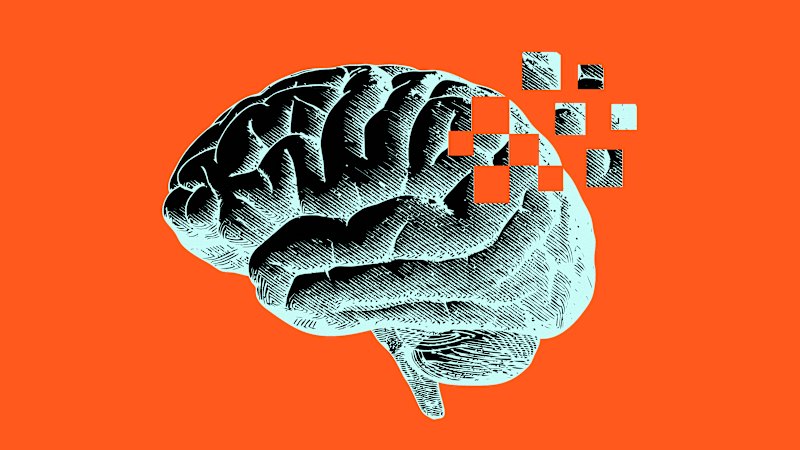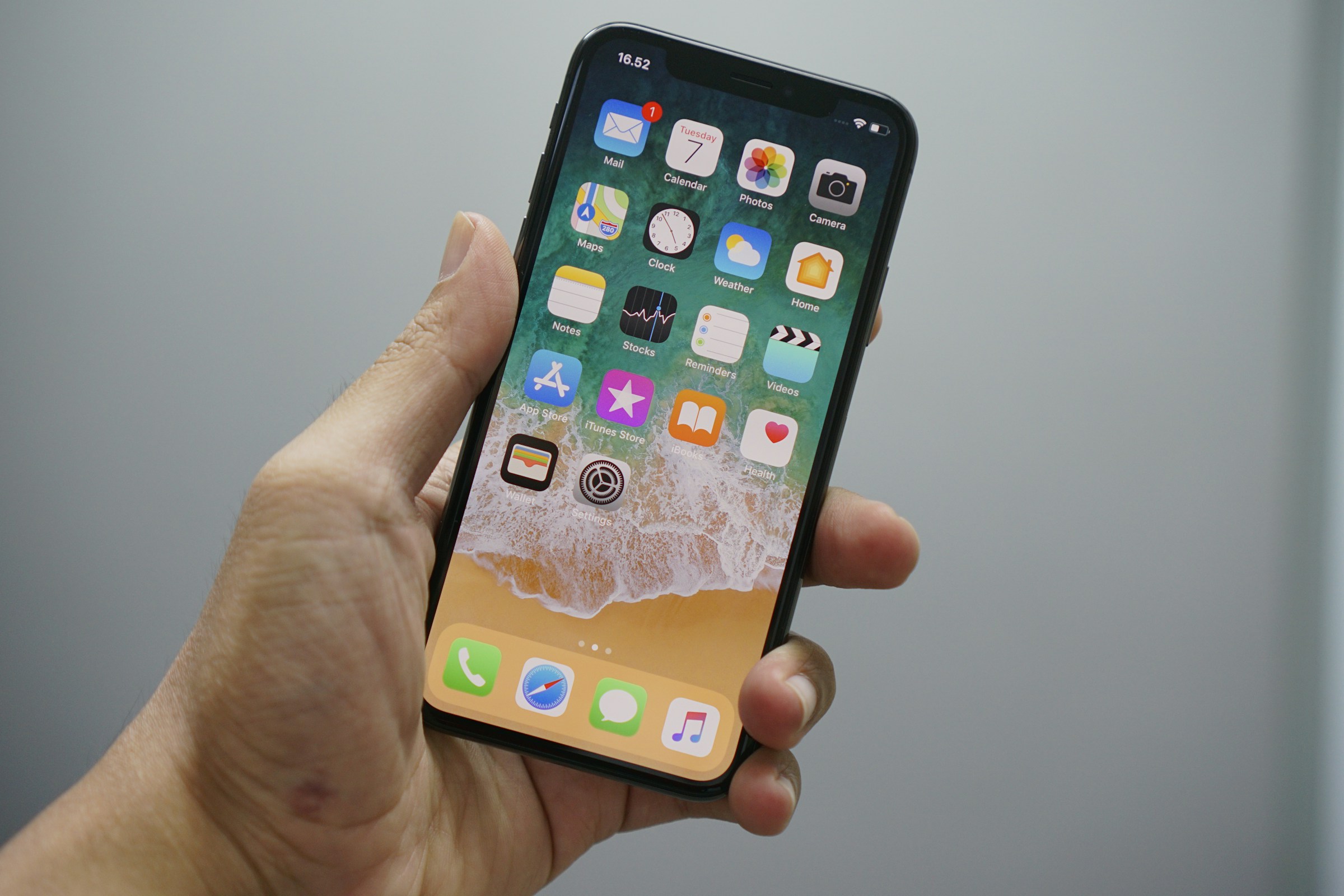
Recent research raises concerns about the impact of artificial intelligence (AI) on cognitive abilities. A study conducted by the Massachusetts Institute of Technology (MIT) found that students using AI tools, including ChatGPT, exhibited lower brain activity in areas linked to creativity and attention. This suggests that while AI may ease immediate mental demands, it could hinder long-term cognitive development.
The MIT study involved a series of essay-writing sessions where participants were monitored using electroencephalograms (EEGs). Those who utilized AI demonstrated significantly reduced neural activity in critical regions of the brain. Additionally, these students struggled to accurately recall quotes from their own work, indicating a reliance on AI that may diminish their independent thinking skills.
Broader Implications of AI Use
The findings align with other significant studies examining the relationship between AI usage and critical thinking. A survey by Microsoft Research involved 319 knowledge workers who reported using generative AI weekly for over 900 tasks. Participants noted that only 555 of these tasks involved critical thinking, with many describing their work as requiring little cognitive effort due to AI assistance.
In another study led by Dr. Michael Gerlich at SBS Swiss Business School, 666 individuals from the UK were assessed on their AI usage and trust levels. Results indicated that those who frequently relied on AI tools scored lower on critical thinking assessments. Dr. Gerlich highlighted an increase in concerns among educators regarding students’ abilities to think critically in an AI-rich environment.
Despite these findings, researchers caution against drawing definitive conclusions. For instance, Dr. Gerlich’s study raises the possibility that individuals with stronger critical thinking skills might be less inclined to depend on AI. Additionally, the MIT study’s small sample size of just 54 participants limits the generalizability of its conclusions.
Potential Benefits and Strategies for Cognitive Maintenance
While AI aims to reduce mental load, historical context suggests that such tools do not inherently diminish human cognitive abilities. Professor Evan Risko from the University of Waterloo pointed out that cognitive offloading, which refers to the delegation of mental tasks to external aids, has been a part of human evolution for centuries. Technologies like calculators and navigation apps have streamlined tasks without significantly impairing cognitive function.
Nonetheless, the concern arises when the offloading involves complex processes, such as writing or problem-solving. As Dr. Risko noted, generative AI may encourage individuals to adopt a mindset of “cognitive miserliness,” potentially leading to a feedback loop where reliance on AI further erodes critical thinking skills.
To mitigate these risks, experts suggest employing AI as a supportive tool rather than a primary resource. Dr. Gerlich recommends that users engage with AI incrementally, prompting it step-by-step rather than requesting complete outputs. Such an approach encourages deeper engagement with the thought process.
Moreover, researchers from Microsoft have experimented with AI systems designed to provoke critical thinking by posing challenging questions rather than merely providing answers. This innovative strategy aims to create “thinking assistants” that foster independent thought, reminiscent of Socrates’ teaching methods.
In summary, the rapid adoption of AI tools presents both opportunities and challenges. As society embraces these technologies, a careful evaluation of their long-term effects on cognitive abilities is essential. The balance between leveraging AI for efficiency and maintaining critical thinking skills will be crucial as further research unfolds. If stronger evidence emerges indicating that AI use leads to cognitive decline, individuals and organizations will need to weigh the benefits against potential costs.







